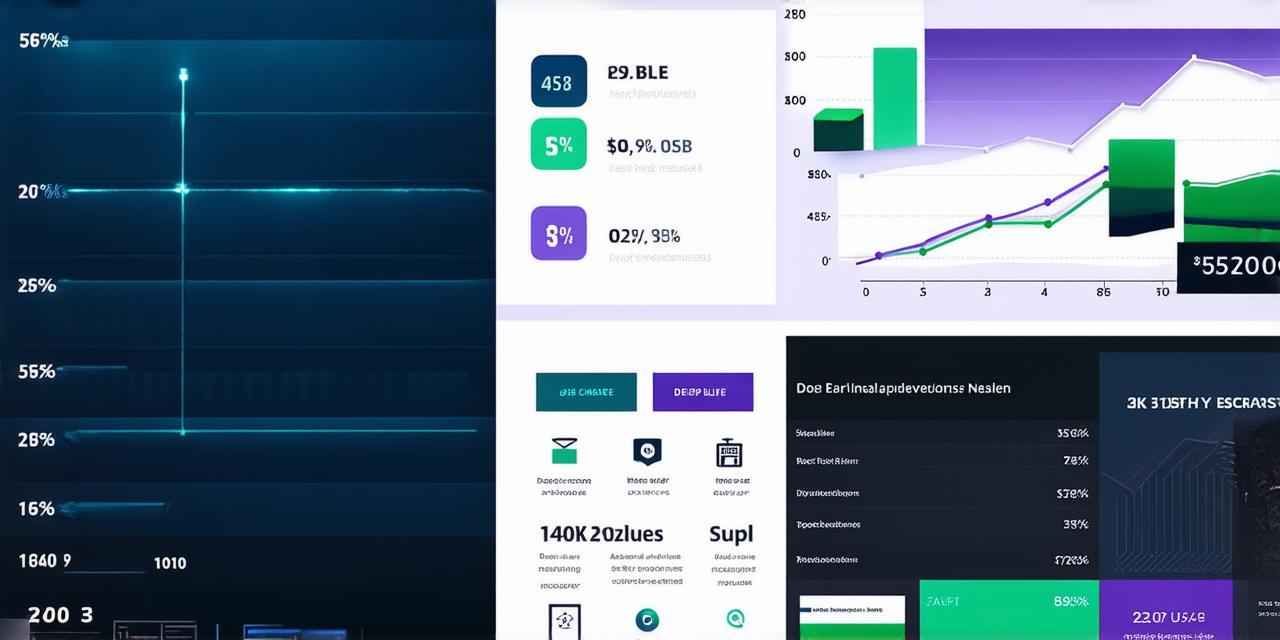As an app developer, you know that when it comes to deploying and hosting your app, Google App Engine is often the go-to choice. But what exactly do you need to focus on when developing with this platform? In this article, we’ll explore some of the key factors that will help you create a successful app using Google App Engine.
Why Choose Google App Engine?
Google App Engine is a powerful and flexible platform that allows developers to build, deploy, and manage web applications in the cloud. It offers a wide range of features and tools that make it easy to develop and deploy apps quickly and efficiently. Some of the key reasons why you might choose Google App Engine include:
- Scalability: With Google App Engine, you can easily scale your app up or down depending on demand. This means that you can handle sudden spikes in traffic without worrying about crashes or downtime.
- Flexibility: Google App Engine supports a wide range of programming languages and frameworks, including Java, Python, Node.js, Ruby, Go, PHP, and more. This makes it easy to use the tools and technologies that you’re most comfortable with.
- Security: Google App Engine takes security seriously, and provides a number of features that help keep your app secure, including automatic backups, encryption at rest and in transit, and more.
What Do You Need to Focus On?
Now that we’ve discussed some of the key reasons why you might choose Google App Engine, let’s take a look at what you need to focus on when developing with this platform.
1. Choose the Right Runtime

The first step in developing an app with Google App Engine is to choose the right runtime environment. The runtime environment is the software that executes your app’s code, and there are several different runtimes available for Google App Engine, including:
- Node.js: Node.js is a popular runtime environment that is well-suited for building highly scalable and performant apps. It uses JavaScript on the server-side, which makes it easy to use for developers who are already familiar with this language.
- Python: Python is another popular runtime environment that is well-suited for building apps with Google App Engine. It offers a wide range of libraries and frameworks that make it easy to build web applications quickly and efficiently.
- Java: Java is a mature and stable runtime environment that is widely used for building enterprise-level applications. It offers strong performance and scalability, making it a good choice for apps that require high availability and reliability.
When choosing a runtime environment, you’ll want to consider factors such as the complexity of your app, the number of users you expect to have, and the performance requirements of your app. For example, if you’re building an app with a lot of real-time processing requirements, Node.js might be the best choice.
2. Optimize Your App for Performance
Once you’ve chosen your runtime environment, the next step is to optimize your app for performance. This involves making sure that your app is running as efficiently as possible, and that it can handle high levels of traffic without slowing down or crashing. Some tips for optimizing your app for performance include:
- Minimize HTTP Requests: Every time a user makes an HTTP request to your app, it adds load to your server. To minimize the number of requests, you can combine multiple files into one, and use CSS and JavaScript sparingly.
- Use Caching: Caching can help speed up your app by storing frequently accessed data in memory, so that it can be retrieved quickly. You can use a variety of caching mechanisms, including memcached, Redis, and more.
- Minimize Database Queries: Every time you query your database, it adds load to your server. To minimize the number of queries, you can use indexes, optimize your database schema, and use lazy loading where possible.
By following these tips, you can help ensure that your app is running as efficiently as possible, and that it can handle high levels of traffic without slowing down or crashing.
3. Monitor Your App’s Performance
Monitoring your app’s performance is an important part of developing with Google App Engine.



